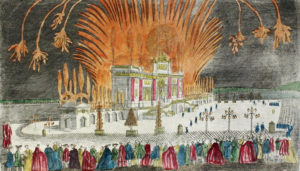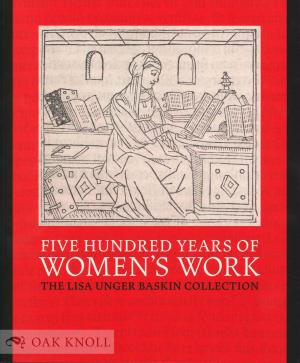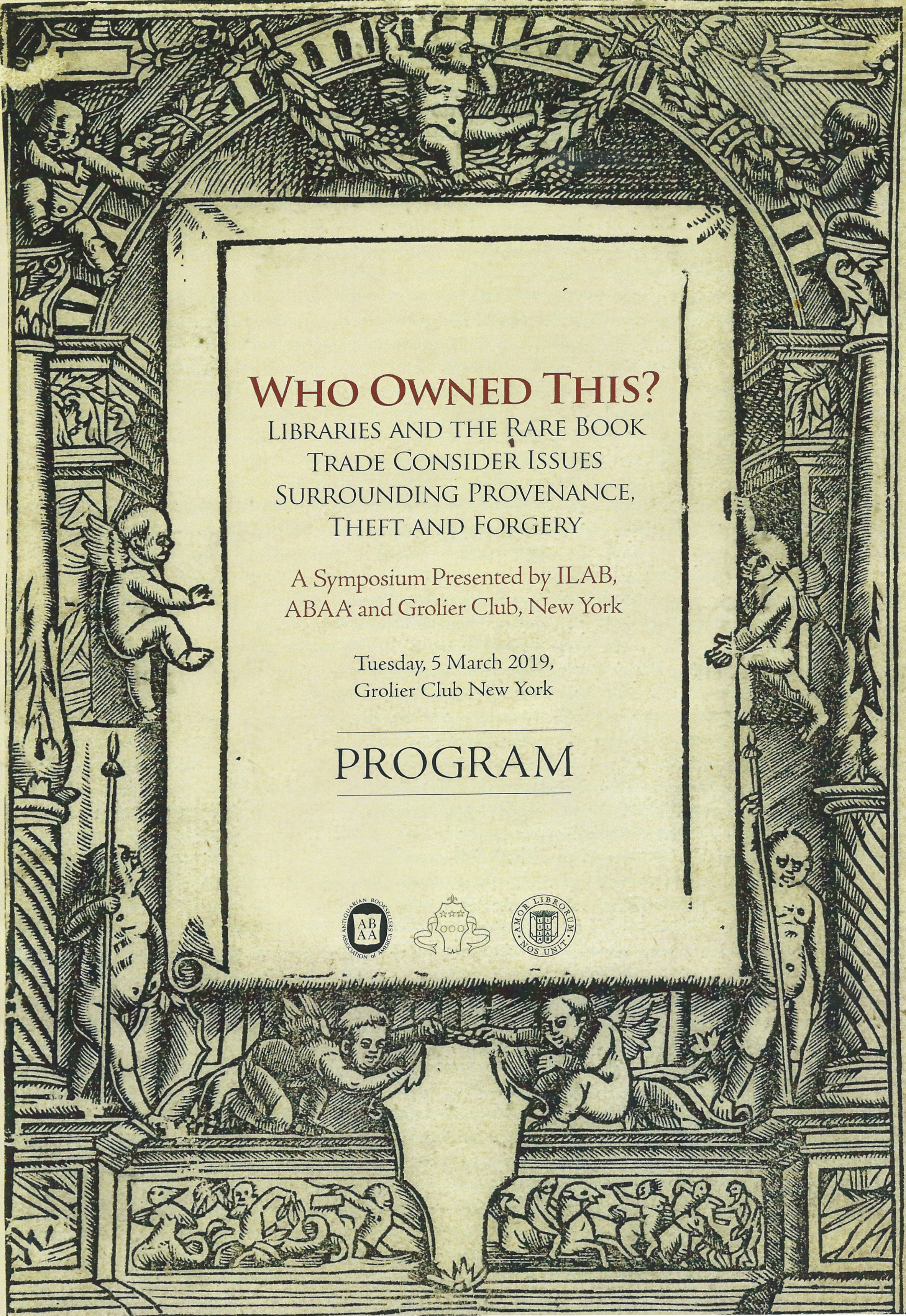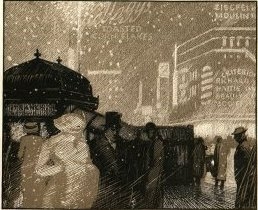Anyone with an interest in the role of antiquarian bookselling in relation to the broader study of rare books, bibliography, and early printing will want to read an article recently published by Fabrizio Govi in the Italian scholarly journal TECA entitled “Online Bibliographical Tools for the Antiquarian Book Trade. Their History, Use and Impact.”
A well established and highly respected Italian bookseller from Modena, Govi explores his subject broadly from both economical and historical perspectives. As the origins of online antiquarian bookselling slip further into memory the latter of these has become increasingly of interest, at least to me.
Sharing that interest, Govi began his research by identifying 17 different international websites that have focused primarily on the used and rare book market. He then attempted to contact all of them to request information about how they started and what information they might offer about the online book market as it exists today. Only three of these chose to respond. Nevertheless, Govi was able to dig through a variety of primary and secondary sources to compile a significant amount of interesting data on the origins of the antiquarian market and how it became what it is today. He tells me that what he has just published is only a preliminary study. I’m encouraged that there could be even more to come.
You will find the article here:


 The 8 speakers spoke on various subjects relating to the difficult but timely problems faced by booksellers and librarians in connection with provenance, theft and forgery. I was honored by being assigned the closing position and used it to consider these subjects with a particular regard to the use of databases to protect from theft, recover stolen books and establish provenance. At the end I ventured a few general speculations about how the database technologies of the future may be even more useful for these purposes, including a preview of some of the things that viaLibri will be doing to make use of these technologies. The title of my paper was: “
The 8 speakers spoke on various subjects relating to the difficult but timely problems faced by booksellers and librarians in connection with provenance, theft and forgery. I was honored by being assigned the closing position and used it to consider these subjects with a particular regard to the use of databases to protect from theft, recover stolen books and establish provenance. At the end I ventured a few general speculations about how the database technologies of the future may be even more useful for these purposes, including a preview of some of the things that viaLibri will be doing to make use of these technologies. The title of my paper was: “


